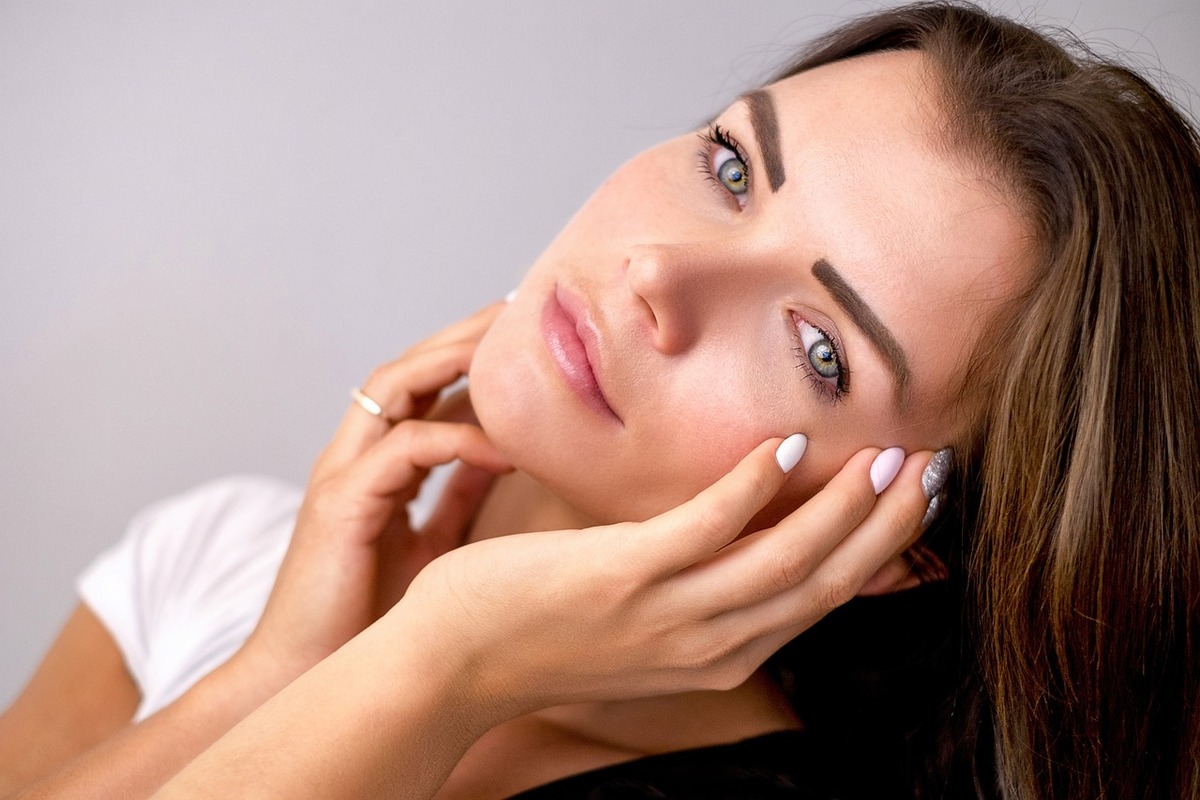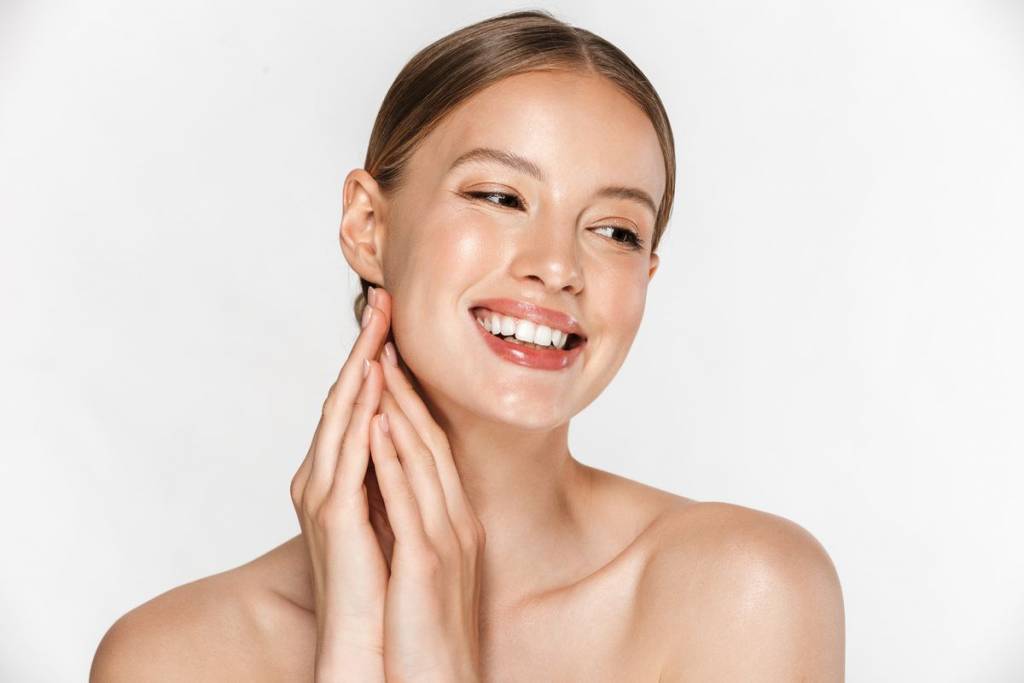Health
How to care for skin with acne and pimples


Acne and pimples are common problems that affect people of all ages, not just during adolescence. Although they are more frequent among young people, they can persist or appear even in adulthood.
If acne and pimples are not treated optimally, they can leave marks on the skin and at the same time can undermine your self-confidence. But how to take care of your skin marked by acne or pimples? Let's find out together!
Adopt a specific skin care routine
Acne skin care requires a delicate but effective routine, which allows you to keep excess sebum under control, exfoliate the skin and prevent irritation.
Here's a step-by-step guide to a skincare routine suitable for acne sufferers!
Gentle cleansing
Washing your face twice a day is essential to remove excess sebum, sweat and impurities that can clog pores. Choose a gentle cleanser specifically for acne-prone skin, preferably sulfate-free, to avoid overdrying the skin. Products containing ingredients like salicylic acid or benzoyl peroxide can be helpful in fighting acne, but it's important not to overdo it with overly harsh products that could irritate the skin.

Regular exfoliation
Exfoliation helps remove dead skin cells, preventing clogged pores. Use a chemical exfoliant containing salicylic acid or glycolic acid, which work by breaking down the bonds between dead skin cells, promoting cell turnover. Avoid physical exfoliants (such as scrubs with granules) which can irritate your skin and make acne worse.
Targeted treatments
After cleansing and exfoliating, apply targeted treatments for acne and pimples. For example, the Eco Bio Boutique anti-pimple cream allows you to improve skin conditions by reducing pimples on the skin. Retinol, a derivative of vitamin A, is also another powerful ingredient that helps normalize skin cell turnover and prevent clogged pores. However, because these products can be irritating, start with a low concentration and gradually increase use, monitoring your skin's reaction.
Hydration
While it may seem counterintuitive, hydration is crucial for acne-prone skin. Using acne treatments can dry out your skin, so it's important to replenish lost moisture. Choose a lightweight, noncomedogenic moisturizer , preferably with ingredients like hyaluronic acid or glycerin, which help lock in hydration without clogging pores.
Avoid harmful habits
In addition to following an adequate skin care routine , it is important to avoid some habits that can aggravate acne and which increase the presence of pimples, especially in the T-zone, and specifically on the forehead and nose. To avoid these problems you will have to adopt good habits such as:
- Don't touch your face : Touching your face can transfer bacteria, oils and dirt from your hands to your pores, contributing to acne. Try to avoid touching your face during the day and, above all, do not squeeze the pimples, as this can cause inflammation, scarring and make the situation worse.
- Avoid overusing products : It's easy to fall into the trap of using too many products in an attempt to clear up acne, but this can have the opposite effect, irritating the skin and causing further breakouts. Keep a simple routine and use specific and delicate products.
- Don't neglect cleaning your devices and accessories : cell phones, pillowcases, towels and makeup tools can accumulate bacteria and dirt which, when in contact with the skin, can cause pimples. Be sure to clean these items regularly and change them frequently to prevent the onset of acne.
It is therefore very important not only to take care of the skin, but we must also avoid feeding the presence of bacteria which could aggravate the situation.
Riproduzione riservata © - WT











